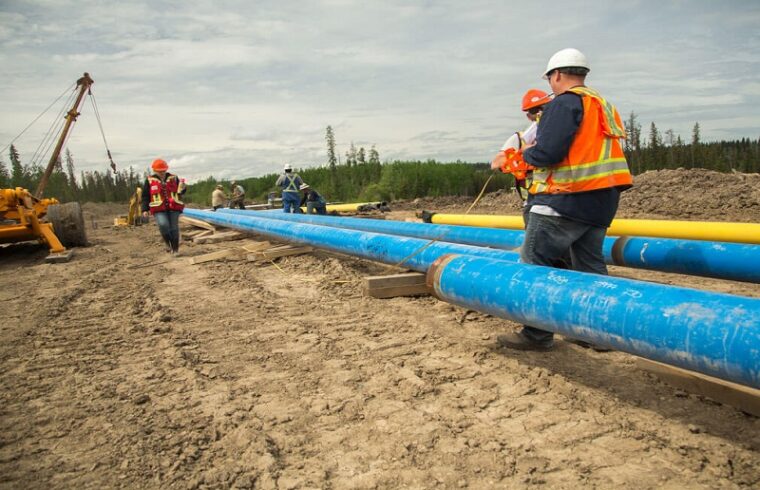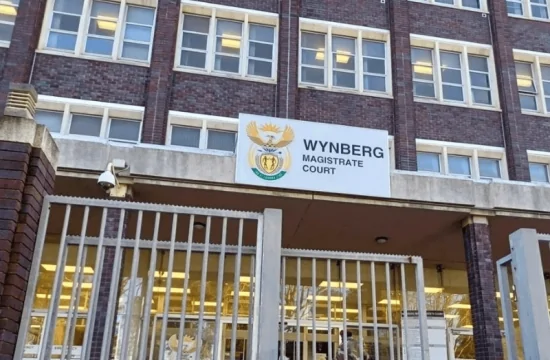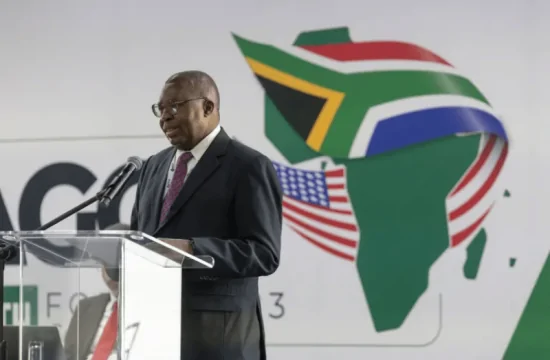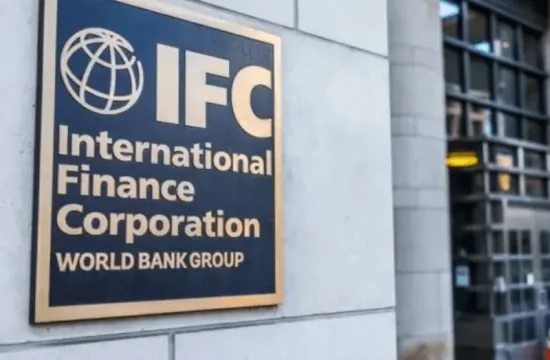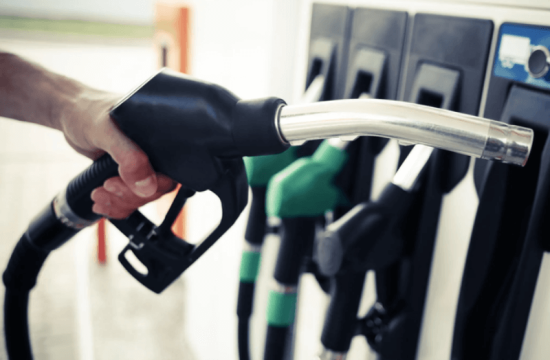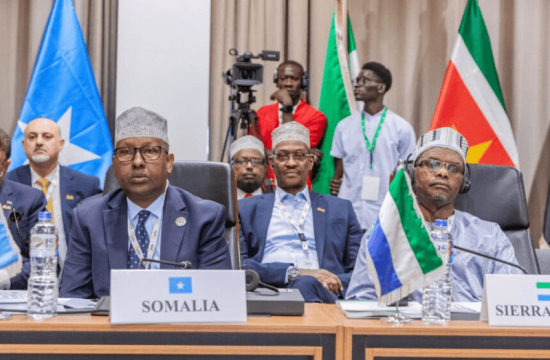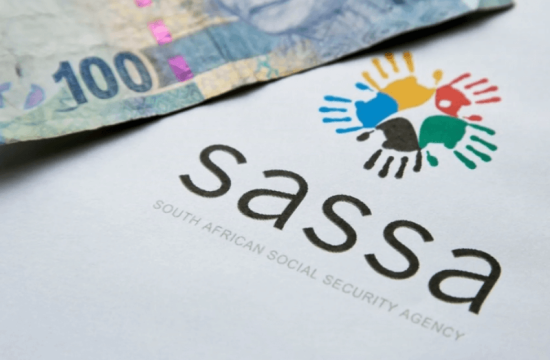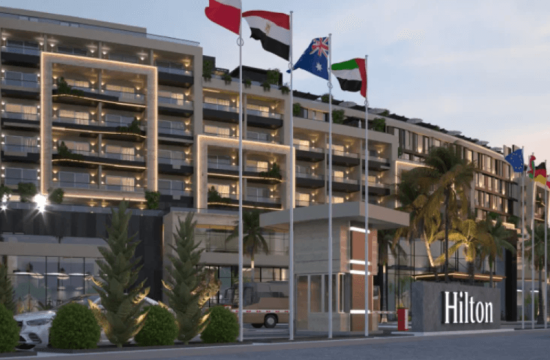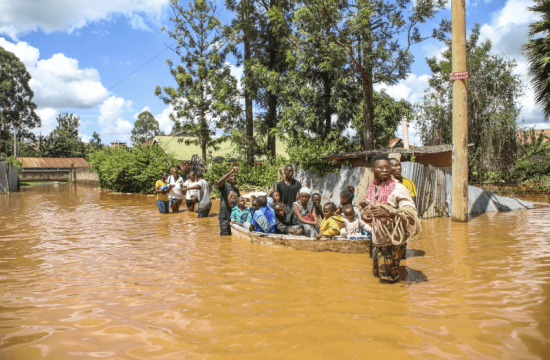Last updated on July 30th, 2022 at 02:36 pm
According to the Algerian news agency APS, the Algerian, Nigerien, and Nigerian ministers of energy signed a memorandum of understanding (MoU) on Thursday for the building of a 4,400 km gas pipeline across the Sahara Desert that will supply Europe with extra gas. Through the Trans-Saharan Gas Pipeline (TSGP), billions of cubic meters of gas from Nigeria are expected to be transported to Algeria from Niger. After that, Algeria will send gas to European countries through the Transmed pipeline, which runs from Algeria to Italy through Tunisia. Algeria will also send LNG (natural gas that has been cooled down) to European countries in tankers.
At the third tripartite meeting in Algiers, the Algerian Minister of Energy and Mines, Mohamed Arkab, and his counterparts from Nigeria and Niger, Timipre Sylva and Mahamane Sani Mahamadou, signed the memorandum of agreement. According to APS, they began by talking about several facets of the project, including the current state of progress. Right now, there isn’t enough information to give an estimate of when the project will be done.
Related Posts
The investment cost of the Trans-Saharan Gas-Pipeline (TSGP) was expected to be 10 billion dollars when the project was first initiated in 2009. The gas reserves of Nigeria will be connected to the Algerian network by means of a pipeline that stretches for 4,128 kilometers, of which 1,037 kilometers are located in Nigeria, 841 kilometers are located in Niger, and 2,310 kilometers are located in Algeria. The pipeline will travel through Niger.
The TSGP will also make it possible for the supply routes to pass across the Sahel regions of the countries. After the fighting in Ukraine started at the end of February, this project was restarted in the middle of a geopolitical situation where there is a lot of international demand for gas and oil and prices are going up. Prior to the Ukraine conflict, this North African country, which has proven natural gas reserves of nearly 2,400 billion cubic meters, contributed approximately 11% of the gas consumed in Europe. In comparison, Russia supplied 47 percent of the gas. It is the seventh largest exporter of natural gas in the world and the first African nation to do so.

